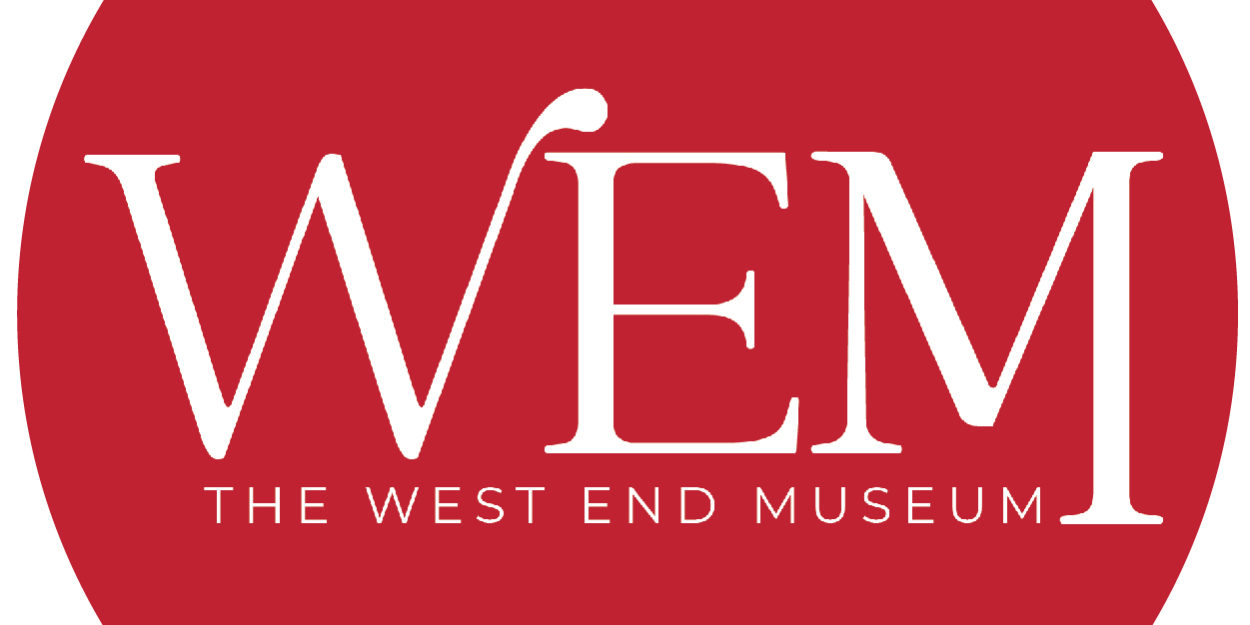Museum Perseveres Despite Mandated Closure
Being closed under COVID-19 restrictions has been challenging for The West End Museum, as it has for many nonprofit institutions, particularly smaller ones that depend on foot traffic and visitor donations. Even so, the future looks bright for “Boston’s Neighborhood Museum.” It has a number of vital projects in the works and has maintained continuity of leadership, upheld community engagement, and continued to fulfill its mission.
“It’s been an exciting period even though we haven’t been open to the public,” said Duane Lucia, former director and newly-elected board president. “We’ve been working on changes that will ensure a better experience for our visitors down the road and will solidify support that will sustain the Museum for many years to come.”
Lucia has lived in the West End since 1989 and has been on the board of directors since 2011. He has twice been Museum director and served as board president once previously. In 2019, he took on the role of interim director with the goal of increasing the Museum’s endowment, reinvigorating exhibits and programming, and hiring a permanent director. The latter transpired in February of this year, and Lucia subsequently was elected president of the board.
Sebastian Belfanti is the Museum’s new director, but he is not entirely new to the organization. He first joined the Museum as program director in October 2019. In that role, his collaboration with Lucia combined with his dedication and accomplishments made him the ideal fit for the directorship. To ensure a smooth and successful transition, Belfanti and Lucia worked together closely as each moved into his new role.
“From Jim Campano founding and being first to serve at the Museum’s helm, to Duane leading us out of some recent struggles, each director has filled a unique need. My mission is to modernize in order to reach scores of new people, from current West Enders to travelers looking to learn more about our unique urban paradise,” said Belfanti. “As so many old West Enders have told me, it’s my job to set the Museum on the path to carry their stories into the future. I consider it a great honor to be entrusted with such a special place and I plan to live up to the challenge.”
In the month following Belfanti becoming director and Lucia transitioning to board president, the Museum premiered a new exhibit, intensified programming, and broke records for visitor numbers and media coverage. While COVID-19 threw a wrench into the works, Belfanti expects the upswing to resume when operations return to a more normal state. To help offset revenue lost under the mandated closure, Belfanti launched a COVID-19 Relief Fund in April, and that campaign remains active. Donations of any amount are welcome and appreciated here.
While awaiting notice of when the Museum could reopen, Belfanti, Lucia, and the board wrote a thorough reopening plan that establishes phases of operations along with safety requirements and protocols. Throughout, virtual operations have been robust, including weekly emails with historical spotlights and relevant news, vigorous social media, and a new virtual exhibit.
The week of June 8, the Museum launched “Learned from Our Neighbors: Stories from the Elizabeth Peabody House” via its website and social media. Created by students at Simmons University in partnership with the Boston City Archives, the digital exhibit celebrates the Elizabeth Peabody House (EPH); social worker, Simmons alumna, and EPH Director Eva Whiting White; and life in Boston’s West End. It serves as a preview of the larger onsite exhibit originally scheduled to premiere in June and now projected for the fall. On Thursday, July 16, the Museum will host a virtual opening of the digital exhibit featuring Belfanti and a handful of the Simmons students discussing discuss the making of the exhibit, the students’ favorite parts of the process, West End stories they discovered, and more.
Other operational activities while the Museum has been closed include a website overhaul; plans for facility renovations and grant writing to support them; upgrades to the Museum’s permanent exhibit, “The Last Tenement;” and deepening ties with the hundreds of community groups and businesses in today’s West End.


